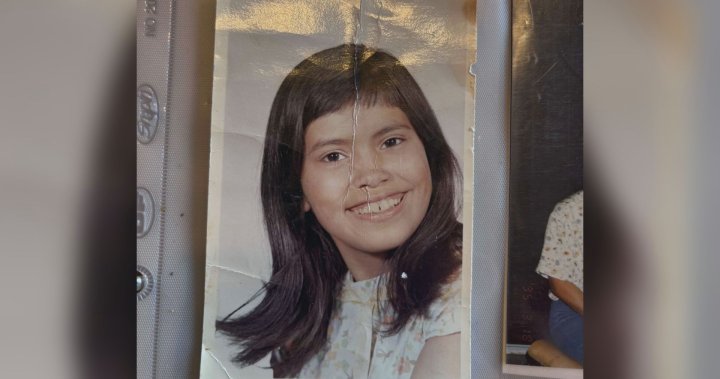Laurie Wilson, a Syilx Okanagan woman, is taking her story of alleged abuse at St. James Parish School in Vernon, B.C., to B.C.’s highest court after 60 years. Wilson attended the Catholic school from 1963 to 1970, where both Indigenous and non-Indigenous students were accepted. She claims that the school dehumanized Indigenous children and stripped them of their culture. Wilson recalls feeling different from the other children right from the first week, as they were told they didn’t have the same brains, were heathens, and didn’t have souls.
The lawsuit filed by Laurie Wilson against the federal government and the Kamloops Diocese details the alleged abuse she suffered at St. James Parish School. Some of the allegations include being told her skin was black because she never washed, being taunted with racial slurs, and experiencing sexual harm. Court documents detail instances where a monsignor sat Wilson on his lap and applied pressure to her vaginal region. Sandra Kovacs, Wilson’s lawyer, emphasizes the importance of listening to these stories to prevent future abuse and notes a potential shift towards reconciliation and resolution prior to trial in some dioceses.
Both the Diocese of Kamloops and the Government of Canada have acknowledged the lawsuit, with the Diocese stating that it is committed to responding fairly and compassionately to all claims of historic abuse. The government will review the statement of claim once they receive it. It is important to note that these claims have yet to be proven in court, and it remains to be seen how the defendants will respond to Laurie Wilson’s allegations of abuse suffered at St. James Parish School.
The allegations made by Laurie Wilson shed light on the dark history of abuse suffered by Indigenous children in residential schools across Canada. These stories are a reminder of the trauma and pain inflicted on generations of Indigenous people through forced assimilation and cultural erasure. By bringing her story to court, Wilson hopes to seek justice for the abuse she endured and to hold those responsible accountable for their actions.
The case of Laurie Wilson highlights the ongoing need for reconciliation and healing between Indigenous communities and the Canadian government and institutions. Efforts to acknowledge and address the injustices of the past, such as the Residential School System, are crucial steps towards building a more inclusive and equitable society. Wilson’s bravery in sharing her story serves as a reminder of the resilience and strength of Indigenous peoples in the face of historic trauma.
As the lawsuit progresses in B.C.’s highest court, the outcome of Laurie Wilson’s case will have significant implications for the ongoing efforts to address historical abuse and systemic injustices faced by Indigenous communities in Canada. It is a critical moment for the Canadian legal system and institutions to confront the legacy of colonialism and work towards meaningful reconciliation and healing with Indigenous peoples. Laurie Wilson’s journey to seek justice and accountability for the abuse she suffered as a child represents a powerful step towards truth and reconciliation in Canada’s complex history.


